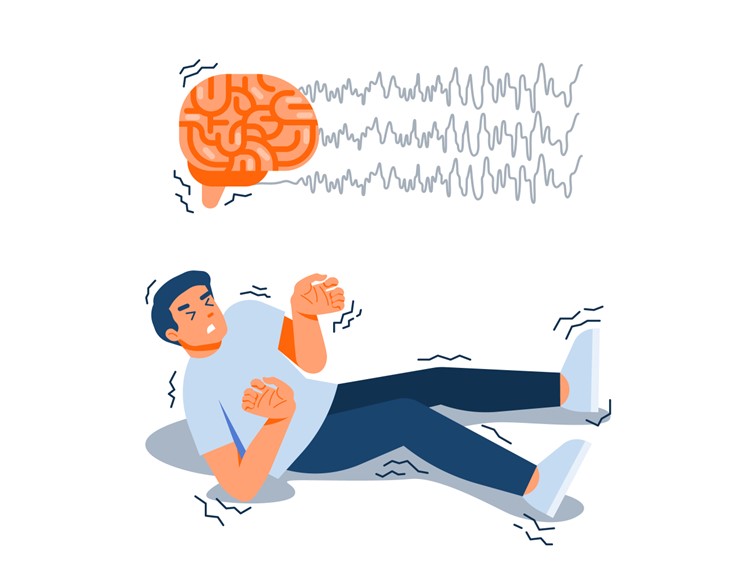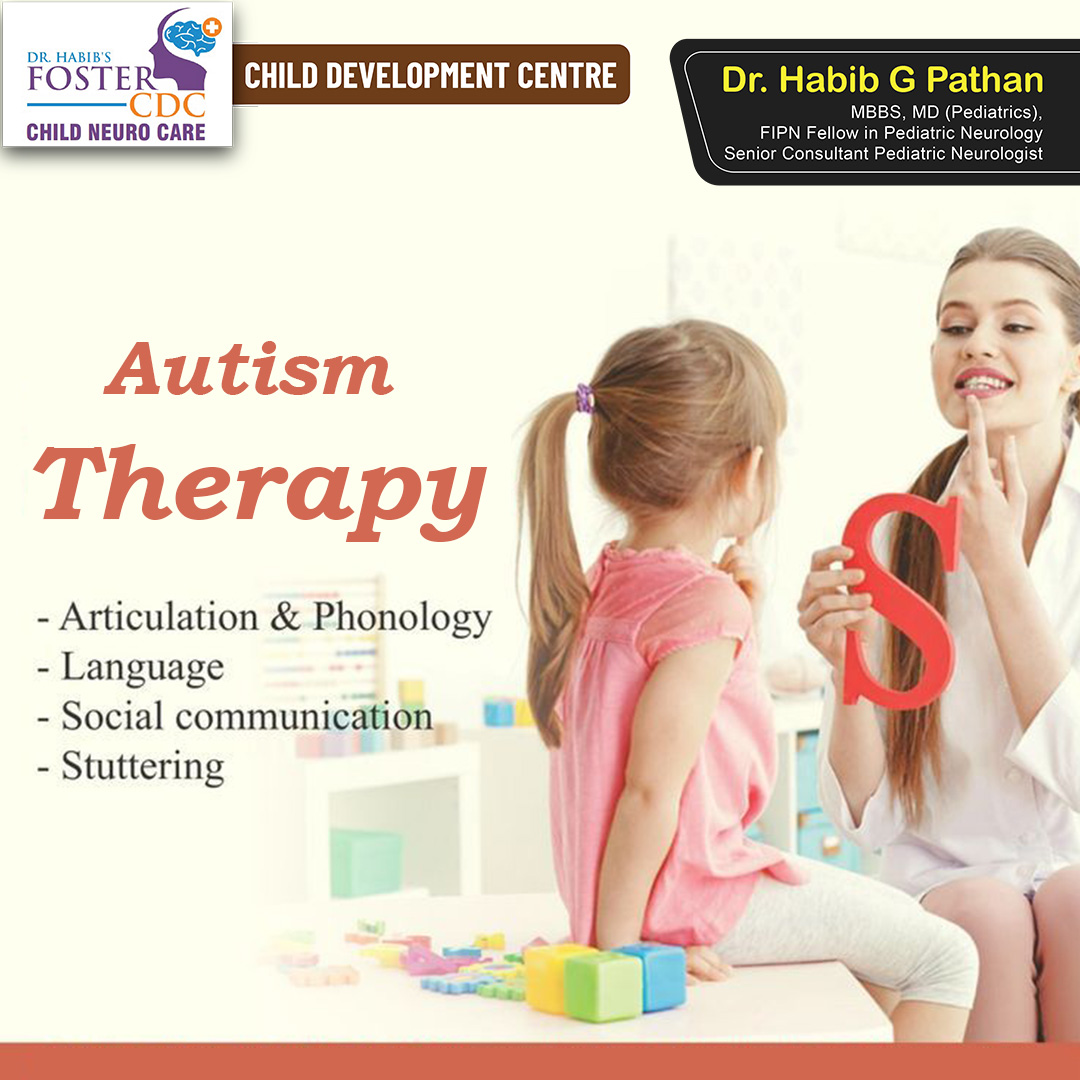
Types of Epilepsy: Symptoms and Causes
Epilepsy
is a neurological disorder characterized by recurrent seizures. These seizures
occur due to sudden, abnormal electrical activity in the brain, disrupting its
normal functioning. With over 50 million people affected globally, epilepsy is
one of the most common neurological disorders. Understanding types of epilepsy,
symptoms, and causes can empower individuals to seek timely diagnosis and
effective management.
Types of Epilepsy
Epilepsy
is categorized based on the type of seizures experienced and their underlying
causes. Below are the primary types:
1. Focal Epilepsy
This
type of epilepsy originates in a particular area of the brain. It is further
divided into:
- Focal Aware Seizures:
The person remains conscious but may experience unusual sensations,
emotions, or movements.
- Focal Impaired
Awareness Seizures: Consciousness is
altered, and the person may perform repetitive movements (e.g.,
lip-smacking or hand-gesturing).
2. Generalized Epilepsy
Generalized
seizures involve both hemispheres of the brain and often cause loss of
consciousness. Subtypes include:
- Absence Seizures:
A child who experiences this type of seizure suddenly loses awareness. The
seizure is often mistaken for daydreaming.
- Tonic-Clonic
Seizures: Sudden stiffening of muscles
(tonic phase) followed by rhythmic jerking movements (clonic phase).
- Myoclonic Seizures:
In this type of seizure, muscles twitch suddenly with brief jerks or
twitching.
- Atonic Seizures:
A person experiencing atonic seizures suddenly loses control of muscles
due to loss of muscle tone, causing the individual to collapse.
- Tonic Seizures:
Stiffening of the body, arms, or legs, often leading to a fall.
3. Combined Generalized and Focal Epilepsy
In
some children, seizures may start as focal and then spread to involve the
entire brain (secondary generalization).
4. Epilepsy Syndromes
These
are specific disorders characterized by distinct types of seizures, onset age,
and other unique features:
- Juvenile Myoclonic
Epilepsy (JME): Common in
adolescence; involves myoclonic jerks, often upon waking.
- Dravet Syndrome:
A severe form of epilepsy starting in infancy with prolonged seizures
triggered by fever.
- Lennox-Gastaut
Syndrome (LGS): A rare type
associated with multiple seizure types and cognitive impairment.
5. Reflex Epilepsy
Seizures
are triggered by specific stimuli, such as flashing lights, certain sounds, or
even reading.
Symptoms of Epilepsy
The
symptoms of epilepsy vary based on the seizure type and the part of the brain
affected. Common symptoms include:
- Seizures:
Varying from brief lapses in attention to full-body convulsions.
- Aura:
A warning sensation, such as a feeling of déjà vu, strange smells, or
visual disturbances.
- Confusion:
Post-seizure disorientation or memory lapses.
- Unusual Movements:
Repeated jerking, stiffening, or twitching of muscles.
- Loss of Awareness:
Episodes of staring or unresponsiveness.
- Emotional Changes: Sudden fear, anxiety, or euphoria.
Causes of Epilepsy
In
a majority of the cases, epilepsy remains idiopathic (lacking the exact cause
of seizures). However, some known causes include:
1. Genetic Factors
- Inherited mutations
in genes associated with brain activity.
- Family history of
epilepsy increases susceptibility.
2. Brain Injuries
- Trauma, such as from
accidents or falls.
- Complications during
birth (e.g., oxygen deprivation).
3. Neurological Conditions
- Brain stroke: In older
adults, the leading cause of epilepsy is stroke.
- Brain tumors or
infections (e.g., meningitis or encephalitis).
4. Developmental Disorders
- Conditions like
autism or neurofibromatosis are often associated with epilepsy.
5. Prenatal Factors
- Maternal infections
or malnutrition during pregnancy can lead to abnormal brain development.
6. Environmental Triggers
- Exposure to toxins,
like lead or carbon monoxide.
Diagnosing Epilepsy
Diagnosis
involves a detailed medical history, witness accounts of seizures, and
diagnostic tests such as:
- Electroencephalogram
(EEG): Detects abnormal electrical
activity in the brain.
- Imaging Tests:
MRI or CT scans to identify structural abnormalities.
- Blood Tests: Rule out metabolic or genetic conditions.









